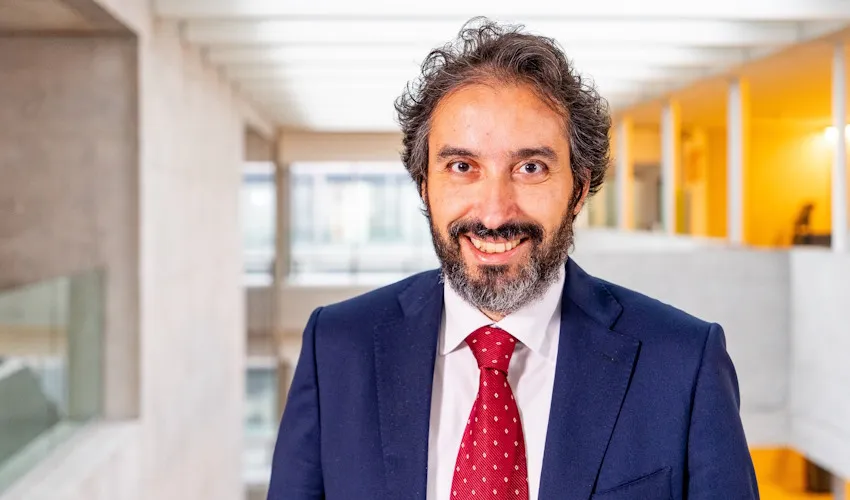
NEETs: Italy cannot leave anyone behind
Italy has a big problem: it thinks too little of young people.
The good news is that in Europe the number of NEETs, i.e. young people aged between 15 and 29 who are neither in education, nor in employment or training, is decreasing: in 2022, 11.7% of young people were NEETs, close to the recommended EU target of 9% by 2030, already achieved in 9 out of 27 countries.
The bad news is that Italy trails behind, together with Romania. In the EU, we have the highest NEET rate for young men (17.7%) and the second highest for young women (20.5%). Why are there much fewer NEETs in Northern Europe (e.g. Holland, Germany, Sweden and Denmark), but also in Southern Europe (e.g. Slovenia and Portugal, but also Spain is doing much better than us)? We must learn from these positive examples, because continuing to tolerate that 2 out of 10 young people are left outside school and/or work means accepting that Italy continues to put a handbrake on economic development.
Why are there much fewer NEETs in Northern Europe (e.g. Holland, Germany, Sweden and Denmark), but also in Southern Europe (e.g. Slovenia and Portugal, but also Spain is doing much better than us)? We must learn from these positive examples, because continuing to tolerate that 2 out of 10 young people are left outside school and/or work means accepting that Italy continues to put a handbrake on economic development.
It is simplistic and wrong for successful middle-aged people to blame young people for their problems, by calling them "big babies" and washing their hands of the problem. In fact, we must build an Italy that has more inclusive schools and universities, so as to train generations of future-proof students: we cannot afford to leave anyone's talent behind. The other nations don't.
We must help young people attain economic independence from their parents. Also Italian companies and administrations need to look at the rest of Europe, and open stimulating career paths for young people, while warranting salaries that enable living on one's own and achieve independence from one's parents.
Bocconi is firmly committed to this and has been investing heavily in study programs that are internationally competitive, by forging alliances with international academic networks, working closely with companies and institutions, and opening access to students from all backgrounds thanks to the ever-increasing number of scholarships.